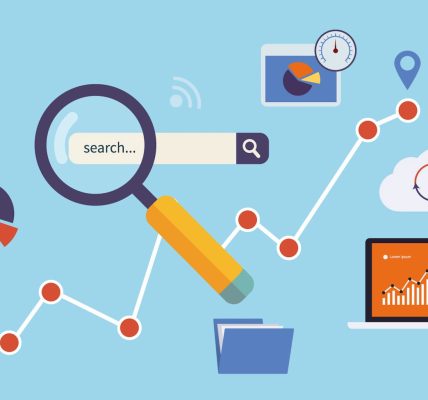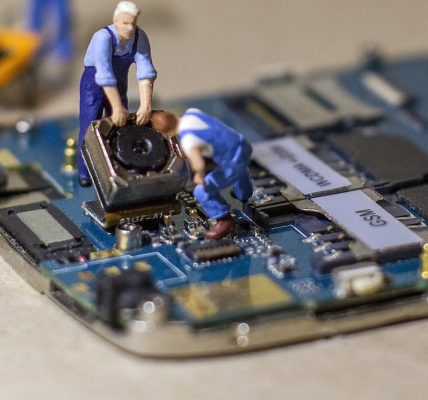If you’re considering fiber internet for your home or business, there’s a lot to know. In this article, we’ll cover everything from how fiber internet works to the pros and cons of this type of connection.
Fiber internet is one of the latest advancements in internet technology. This type of connection uses fiber optic cables to deliver high-speed internet service. Fiber optic cables are made of thin strands of glass or other transparent material that allow light to travel through them. This makes fiber optic cables much faster than traditional copper cables, which are used for most other types of internet connections. So simply put, fiber internet involves data travelling in the form of light pulses.
How Does Fiber Internet Work
Fiber internet works by sending data through fiber optic cables. These cables are made of thin strands of glass or other transparent material that allow light to travel through them. This makes fiber optic cables much faster than traditional copper cables, which are used for most other types of internet connections.
To get fiber internet, your home or business will need to be connected to a fiber network. The fiber network is typically made up of two parts: an optical line terminal (OLT) and an optical distribution network (ODN). The OLT is the central point where all the fiber optic cables in the network come together. From there, the OLT sends data signals to the ODN, which then distributes those signals to individual homes and businesses.
The fiber optic cables that make up the fiber network are typically buried underground. But in some cases, they may be strung along telephone poles or other above-ground structures.
Once your home or business is connected to the fiber network, you’ll need a fiber modem to convert the light signals into electrical signals that can be used by your computer or other devices. In most cases, you’ll also need a router to create a Wi-Fi network in your home or office.
Advantages of Fiber Internet
Fiber internet has several advantages over other types of internet connections. One of the biggest benefits is that fiber optic cables are not affected by electrical interference the way that copper cables are. This means that fiber internet connections can deliver faster speeds and more reliable service.
Another advantage of fiber internet is that it is much less expensive to maintain than other types of internet connections. This is because fiber optic cables do not corrode or degrade over time the way that copper cables do. Additionally, fiber optic cables are much thinner than copper cables, which makes them easier to install and less likely to be damaged during installation.
Fiber internet is much faster than copper-based internet connections, which is the most common type of connection. It is the ideal type of internet connection for gaming, streaming, and heavy file sharing. You experience minimal lag with fiber internet, and bandwidth is hardly ever an issue.
Fiber optic cables are not as susceptible to interference as copper cables, so fiber internet connections tend to be more reliable. LFewerinterferences mean fewer speed disruptions and inconsistency
Disadvantages of Fiber Internet
Fiber internet is not without its disadvantages, however. One of the biggest drawbacks is that fiber optic cables are more expensive to install than copper cables. This means that fiber internet is often not available in areas where it would be otherwise cost-prohibitive to install the necessary infrastructure.
Another potential drawback of fiber internet is that it requires special equipment for installation and use. This means that fiber internet is often not compatible with existing copper-based infrastructure. Additionally, fiber optic cables are much thinner and more fragile than copper cables. This makes them more difficult to work with and more likely to be damaged during installation.
Lastly, fiber internet is a relatively new technology, which means that there is still some uncertainty surrounding its long-term reliability. Additionally, the equipment needed for fiber internet is often more expensive and less widely available than other types of internet equipment.
All things considered, fiber internet is a high-speed, reliable internet connection that comes with a few potential drawbacks. If you’re considering fiber internet for your home or business, be sure to weigh the pros and cons carefully to determine if it’s the right choice for you.
AT&T Fiber – The Best There Is!
AT&T fiber internet is perhaps the best fiber internet connection you can get for your home and business. AT&T Internet is affordable, flexible, and comes with several privileges. You can expect unlimited data, excellent quality internet equipment, and no mandatory contracts with AT&T bundles and plans.





